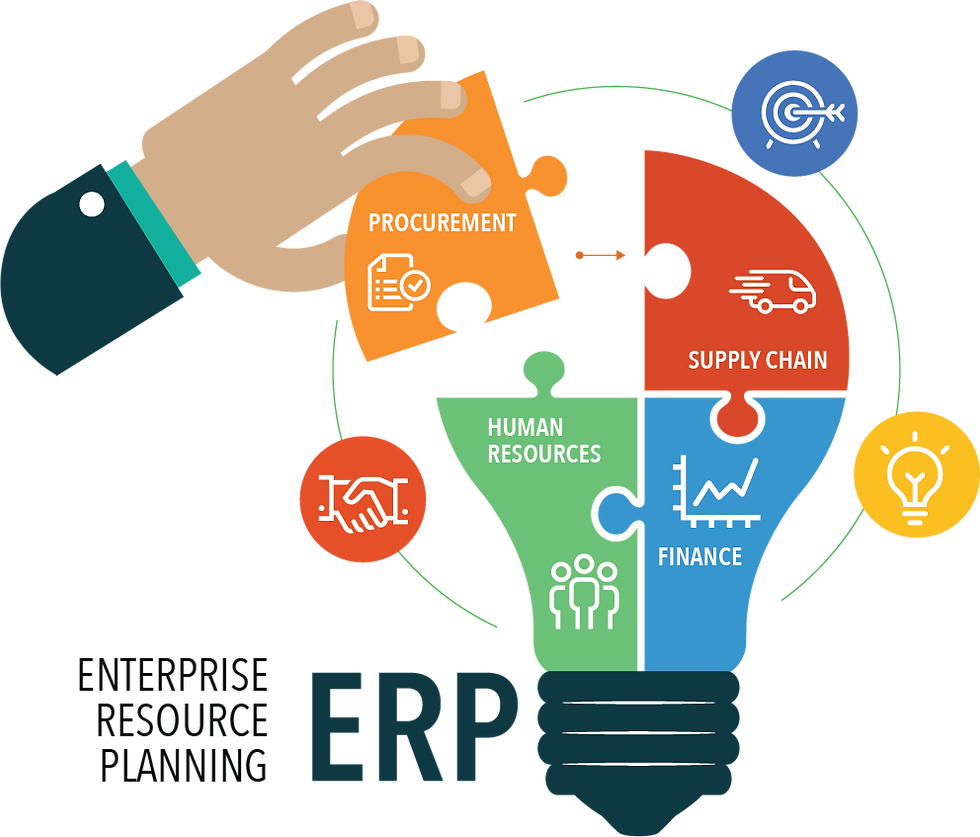Transforming Libraries: The Power of Online Library Management Systems
- solutionscakiweb
- Oct 31, 2023
- 3 min read
Introduction
In an increasingly digital world, libraries have had to adapt to the changing needs of their patrons. Traditional library management systems are being replaced by Online Library Management Systems (OLMS) to provide more efficient and user-friendly experiences. These systems are revolutionizing the way libraries function, allowing for enhanced accessibility, streamlined processes, and improved user engagement. In this blog post, we will explore the key features and benefits of OLMS, and how they are transforming the library landscape.
The Role of Online Library Management Systems
Online Library Management Systems are software solutions designed to automate and centralize various library functions, from cataloging and circulation to user management and reporting. They have the power to streamline library operations, making it easier for both library staff and patrons to access and manage library resources.
Key Features of Online Library Management Systems
Catalog Management: OLMS allows libraries to maintain an organized catalog of their resources, including books, e-books, journals, multimedia, and more. This digital catalog makes it easy for patrons to search, browse, and access materials.
User Management: Libraries can create and manage user accounts, enabling patrons to reserve and borrow materials, renew items, and review their borrowing history. OLMS can also help in implementing membership management and access control.
Circulation Management: One of the core functions of OLMS is the automation of the circulation process. Patrons can check out and return materials efficiently, with automatic notifications for due dates and fines. This feature simplifies the workflow for library staff and enhances the user experience.
Resource Tracking: OLMS can help libraries track the availability and location of resources in real-time. This information is invaluable in maintaining the library's collection and making informed acquisition decisions.
Digital Collections: In addition to physical materials, many libraries now offer digital resources. OLMS can integrate with e-book platforms, online databases, and digital archives, making it easier for patrons to access a wide range of materials from a single interface.
Data Analytics: Online Library Management Systems provide valuable insights into library usage patterns. Librarians can use this data to make informed decisions about resource allocation and collection development, ensuring that the library meets the needs of its users.
Benefits of Online Library Management Systems
Enhanced Accessibility: OLMS breaks down physical barriers. Patrons can access library resources from anywhere with an internet connection, eliminating the need to visit the library in person.
Improved User Experience: Users can easily search and find materials using advanced search and filtering options. The self-service features for borrowing and renewing materials reduce waiting times and enhance convenience.
Streamlined Operations: Library staff can automate routine tasks, reducing administrative workload. This allows librarians to focus more on assisting patrons, curating collections, and planning programs and services.
Cost Efficiency: OLMS can lead to cost savings in the long run by reducing the need for physical infrastructure and maintenance. It can also help optimize resource allocation based on usage data.
Scalability: OLMS can be scaled to meet the needs of libraries of all sizes, from small community libraries to large academic institutions. This adaptability ensures that libraries can grow and evolve with technology.
Security and Backup: These systems offer data security features, including backup and recovery options to protect the library's valuable digital assets.
Conclusion
Online Library Management Systems are a game-changer for libraries in the digital age. They empower libraries to offer a seamless and accessible experience to their patrons while streamlining operations and providing valuable data insights. As technology continues to evolve, the role of OLMS in libraries will only become more significant, ensuring that libraries remain relevant and vital in the information age. By embracing these systems, libraries can transform themselves into dynamic hubs of knowledge and culture.




Comments